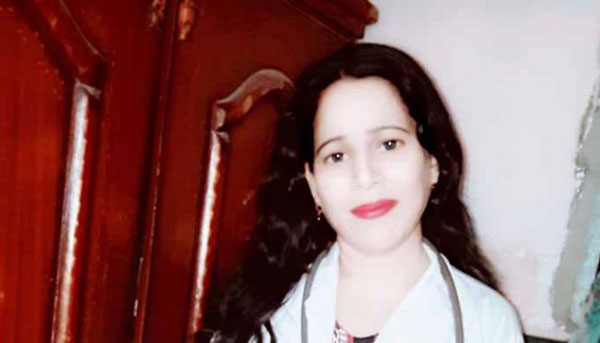

In 2000 the government opened the system to private insurers, who crowded in and began to cut corners. It costs the equivalent of about $4 a year and pays out roughly $2,600 when a policyholder dies, easily enough to cover two years of wages for a typical worker. India offers its citizens a basic life insurance policy that's rare for any government to provide. But the way that India's life insurance is designed makes it an especially rich target. In the UK, insurers uncovered 107,000 fraudulent claims worth almost $1.3 billion in 2019. In the US, scammers cost nonhealth insurers upwards of $40 billion a year. Insurance fraud is certainly not limited to Assam, or India. Versions of this are unfolding all over India, where historically marginalized people are striking back at the state in the only ways available to them.

In this corner of the state of Assam, where Amina Parbin and her family live, scam culture is so ingrained that some people take pride in the ingenuity of it all, joking about "brainpower." Occasionally, though, they make subtle reference to what's driving the scams: crushing poverty, government neglect, political oppression. A Ponzi scheme made a killing before that. It was a scholarship scandal before that. Two years ago thousands of people began bribing community banks to add their names to a cash aid program meant for farmers. Life insurance fraud is just one of the countless scams that have rippled through the district of Barpeta in northeast India.

And that's how Parbin learned that a claim had been filed for an insurance policy on her life, one she never even knew existed. They eventually persuaded him to turn over the paperwork he'd brought. It took seemingly Amina Parbin's entire family-with her brothers and uncles rushing over from their farms and shops-to prove to the investigator that she was the victim of some kind of fraud. "I am Amina," she responded, and "I am, in fact, alive." A death certificate-her death certificate. He introduced himself as a life insurance investigator and began pulling out papers. Amina Parbin was alone, sweeping the floor of her parents' home, when a man arrived on a January day in 2017 with a file in his hands.


 0 kommentar(er)
0 kommentar(er)
